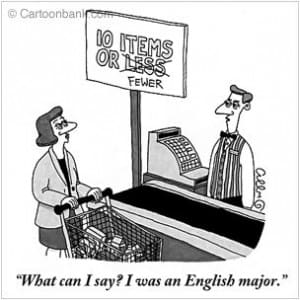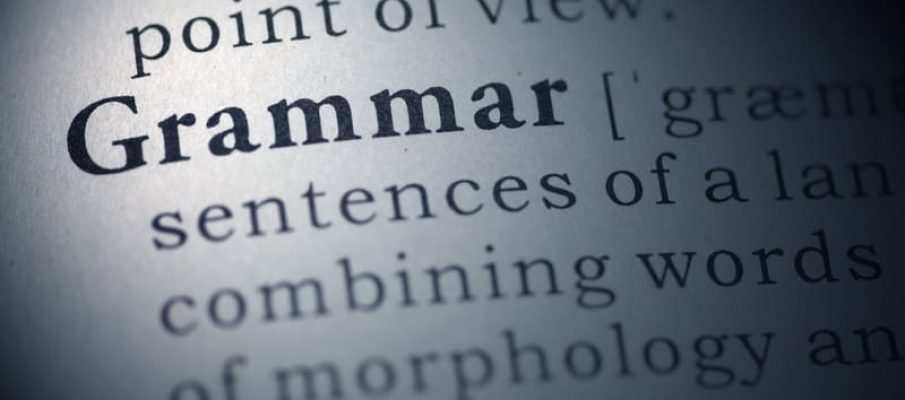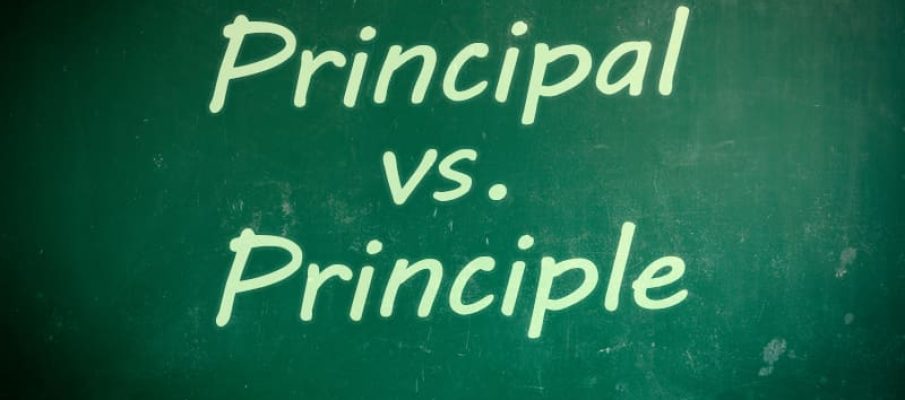So, you’re checking out at the grocery store and you have eight items in your basket. The Express Lane clearly says “10 items or less” and you wait in that line.
You stand there staring at the sign. Wait a minute! Was that was how you were taught to write at school? Surely “less” is wrong! Shouldn’t it be “fewer”?

You’re absolutely right. Grammarians often talk about count nouns and mass nouns. A count noun is something that you can count (one, two, three…), and a mass noun is somehow uncountable.
For example, you can count items. You simply have to look in your grocery cart! But can you really count flour? One flour, two flours, three flours? No, of course not. You could possibly talk about grains of flour, and I wouldn’t envy any grocery store employee tasked with that job!
So, what’s the rule? Use “less” with mass nouns like flour, and “fewer” with items you can count.
Here are a few examples:
Count Nouns Mass Nouns
Fewer dollars Less money
Fewer teaspoons of sugar Less sugar
Fewer bottles of wine Less wine
Fewer calories Less energy
Fewer brain cells Less brain power
Fortunately, “more” does not present the same dilemma. You can use “more” with count nouns and mass nouns!

















